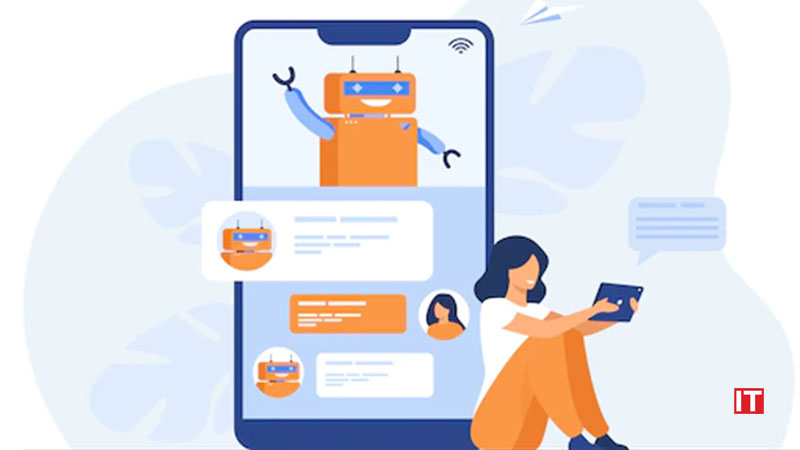Trend of Conversational AI
Conversational AI refers to systems that allow users to converse with them, such as chatbots or virtual agents. By recognizing speech and text inputs and translating their meanings across languages, they use big data, machine learning, and natural language processing to simulate human interactions. You can get real-time, actionable information from your sales conversations.
Furthermore, pipeline review is primarily confined to sales forecasting, which provides quota attainment data, as well as post-mortem analytics generated from quantifiable sales elements such as transactions won/lost depending on various reasons, revenue generation/loss, and average conversion time. And the sales forecasting data is unreliable since it was produced from sales professionals’ inputs, which were based on their own logic and guesswork. However, by incorporating AI techniques and acquiring intelligence data, sales pipeline review has been elevated to a new level.
Considering today’s B2B buying path is so complicated, it’s tough for sales teams to know how and when to contact buyers, as well as how to best assist them at each stage. Simply put, B2B sales teams require every bit of assistance they can get. Sales teams need to know the next best step at every level of the sales process for guided selling to be effective. Such AI gives its customers complete visibility into their sales process in order to provide these kinds of insights. This necessitates access to all communication data, including — and especially — that generated during phone calls and online meetings.
Why Conversational AI?
For many commercial operations, conversational AI is a cost-effective solution. The advantages of employing this AI are as follows.
Cost efficiency
Staffing a customer service staff can be costly, particularly if you want to respond to issues outside of usual business hours.By delivering customer assistance through conversational interfaces, small and medium-sized businesses can save money on salaries and training. Chatbots and virtual assistants may answer instantaneously, allowing customers to reach out to you at any time of day or night.
Increased sales and customer engagement
As smartphones grow increasingly common in people’s daily lives, businesses must be prepared to provide real-time information to their customers. As such technologies are more accessible than human workforces, customers may engage with brands more quickly and frequently. With this quick support, customers can avoid long call center wait times, which enhances the overall customer experience. Companies will witness improved client loyalty as well as additional revenue from recommendations as customer satisfaction rises.
Scalability
This technology is also very scalable, as it is cheaper and faster to add infrastructure to support conversational AI than it is to hire and onboard additional personnel. This is especially useful when items extend into new geographic areas or when demand increases for a short period of time, such as during the holiday season.
In Conclusion
This AI and sales bots can assist enhance sales productivity, empower sales teams, including field salespeople, while sharing the correct kind of expertise, product information, promotions, and expenses with prospects at the right time in a variety of ways. Sales executives can customize their conversational workflows to fit their sales goals and existing sales processes, resulting in greater results.
According to Emergen Research, the global conversational Artificial Intelligence (AI) market was worth more than USD 4 billion by 2020. With today’s customers driving more changes in how salespeople interact with them, the future looks bright for instant messaging and conversational AI platforms that can drive immediate replies and responses at scale to nurture high-value prospects.

































